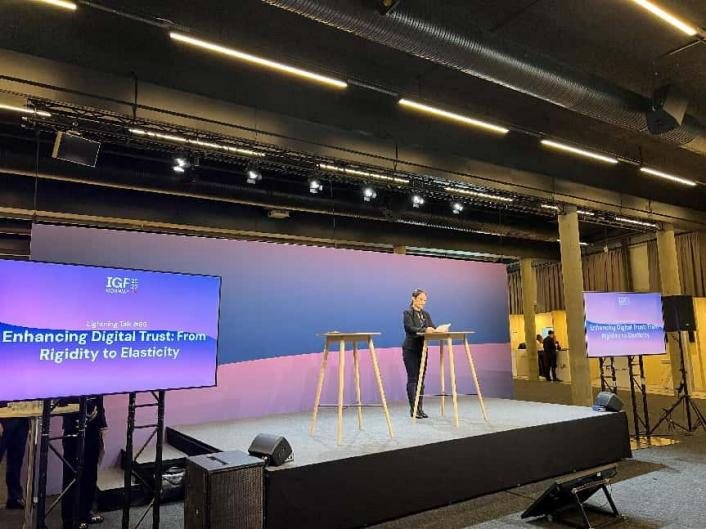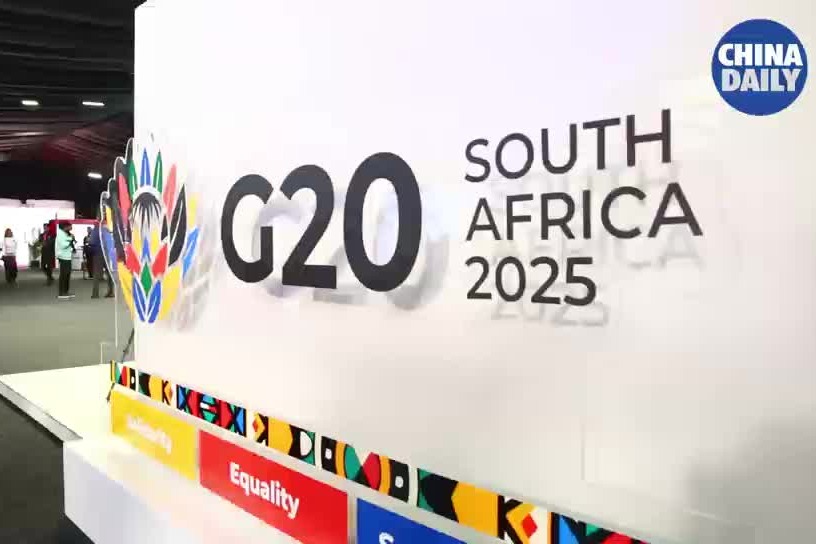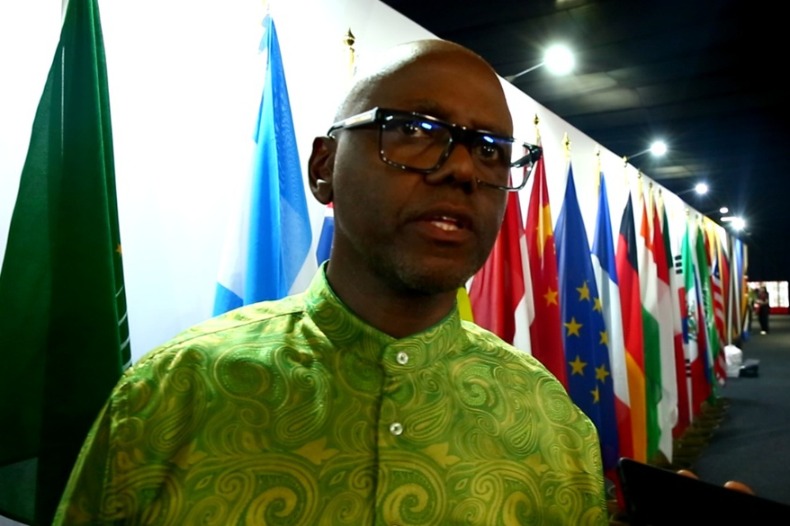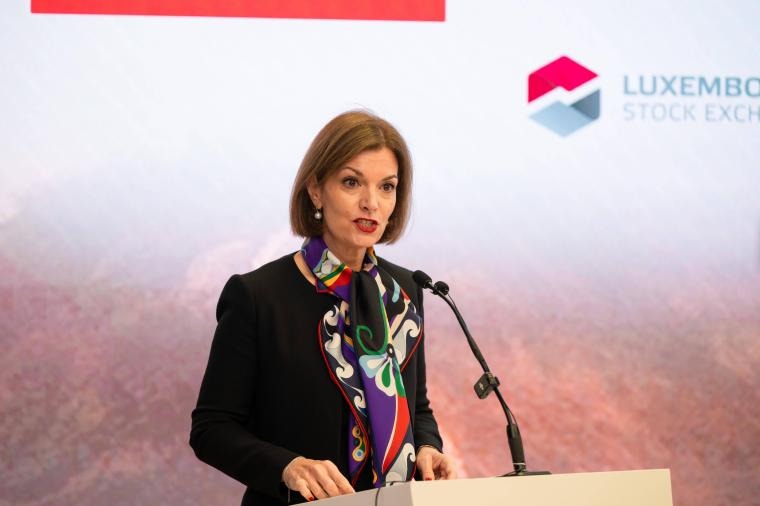China's digital trust efforts gain support at UN forum


At the Internet Governance Forum 2025, hosted by the United Nations from Monday to Friday in Lillistrom, Norway, domestic and foreign experts discussed the necessity of a resilient digital trust framework, with China's efforts toward this goal receiving widespread support.
"In today's world, digital technologies are reshaping economic and social life at an unprecedented speed and scale," said Du Aning, deputy Secretary-General of Cyber Security Association of China, in her opening speech. "However, alongside the opportunities come growing challenges to digital trust."
She further explained that emerging technologies are rapidly evolving and becoming deeply integrated. "Differences in digital governance philosophies, legal frameworks, and technological capabilities among countries and regions are becoming evident," she said, calling for a resilient digital trust framework.
Ning Xuanfeng, a senior partner of King & Wood Mallesons and vice-chair of the International Chamber of Commerce Commission on Competition, said that the rapid proliferation of data has brought unprecedented challenges, including privacy violations, misuse of personal information and data breaches.
"It is imperative that we establish a robust global data compliance system to address these challenges and ensure that data serves humanity in a responsible and ethical manner," she said.
"For decades, the Internet has benefited from open standards and multistakeholder governance," said Arne Byberg, a senior lawyer in Norway with more than 20 years' experience in technology and law. "In fact, open Internet standards helped IT augment or replace parts of traditional telecom and now fuels the convergence of Information Technology (IT) with Operational Technology (OT)."
"However, it is important to remember that open standards for Internet were mostly successful at the network layer, which is intended to be application agnostic," he said, adding that it has proven harder to reach the same level of multistakeholder consensus at the application level, where Internet governance and AI governance may take different paths.
"China has undertaken extensive efforts and explorations in advancing the development of a resilient digital trust framework," Du said, noting that the country has continuously improved its policy and regulatory system for digital governance while maintaining policy flexibility.
Concerning China's collaboration with Europe specifically, Byberg said that in the machine learning domain for low-risk high volume industrial use cases there could be interesting areas for collaboration worth exploring that may not require the most rigorous governance or compliance cost.
































